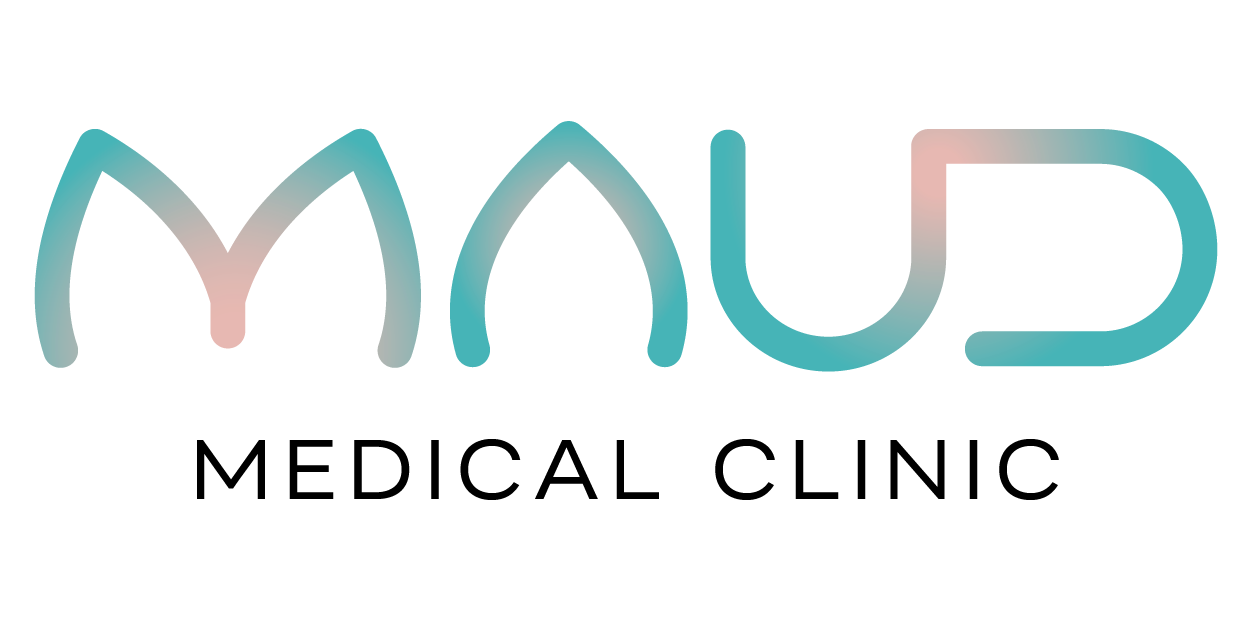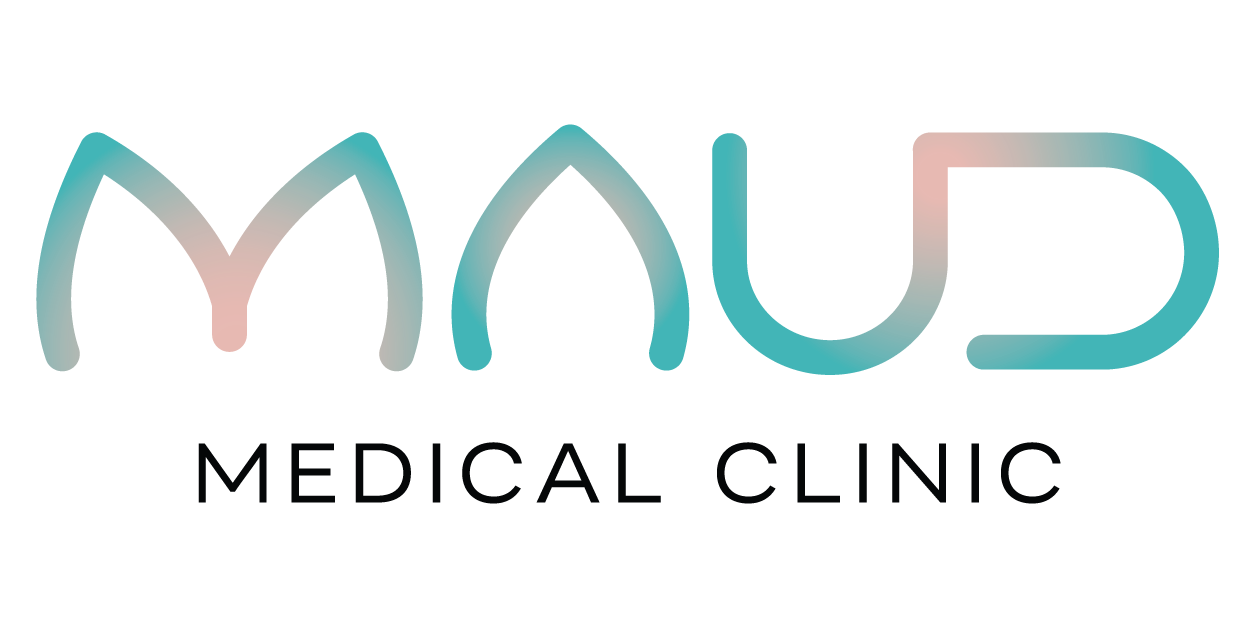How Physiotherapy Can Help Prepare Your Body for Labour and Delivery
How Physiotherapy Can Help Prepare Your Body for Labour and Delivery
Pregnancy is one of the most transformative experiences a woman can go through physically, emotionally, and mentally. As your baby grows, your body adapts in incredible ways to support new life. But these changes can also bring physical strain, discomfort, and anxiety about childbirth. That’s where physiotherapy, particularly pelvic floor physiotherapy, comes in. At Maud Medical Clinic in Calgary, our pelvic health specialists help women strengthen and reconnect with their bodies to prepare for a smoother, more confident birth experience.
Physiotherapy empowers women to prepare for birth proactively, addressing the muscles and systems most involved in labour, including the core, hips, and pelvic floor. With the right preparation, you can improve comfort during pregnancy, ease the delivery process, and support faster recovery after birth.
Understanding the Physical Demands of Pregnancy and Birth
Pregnancy naturally shifts your body’s posture and center of gravity. As your baby grows, the weight of your uterus pulls your pelvis forward, increasing the curve in your lower back. Hormonal changes also loosen ligaments to prepare for delivery, but this can lead to instability in the joints of the pelvis and spine. These adaptations are necessary, but they can also cause pain, stiffness, and muscle imbalances.
Physiotherapy focuses on restoring strength and stability while maintaining flexibility in key areas. For instance, strengthening the deep core muscles of your transverse abdominis and pelvic floor can help support your growing belly and prevent back pain. Gentle stretches and mobility work can relieve tension in the hips and lower back. The goal is to prepare your body for the physical work of labour and delivery, much like training for a marathon, but with care and mindfulness.
The Role of Pelvic Floor Physiotherapy in Birth Preparation
Your pelvic floor muscles form the base of your core. They support the bladder, uterus, and rectum, and play a major role in childbirth. During pregnancy, these muscles must carry increasing weight and pressure. During delivery, they need to stretch and relax to allow your baby to pass through the birth canal.
A pelvic floor physiotherapist at Maud Medical can assess how your muscles are functioning whether they’re tight, weak, or uncoordinated and develop a customized plan to help them work more efficiently. Contrary to common belief, preparing your pelvic floor isn’t only about strengthening; it’s equally about learning to relax. Overly tight muscles especially during stress can actually make delivery more difficult and increase the risk of tearing.
Through guided exercises, manual therapy, and relaxation techniques, physiotherapy helps you understand how to engage and release these muscles effectively. This awareness can make pushing more efficient and reduce the likelihood of complications during childbirth.
Breathing, Posture, and Core Training for Labour
Breathing techniques are a vital part of physiotherapy for birth preparation. Diaphragmatic breathing is where you breathe deeply into your belly rather than your chest this helps release tension and connect you to your pelvic floor. This type of breathing not only promotes relaxation but also coordinates the movement between your diaphragm, core, and pelvic muscles.
Your physiotherapist may teach you how to use breath during different stages of labour. For example, deep, slow breathing can help you stay calm during contractions, while exhalation-focused breathing can assist in controlled pushing.
Posture and alignment training also play an important role. Physiotherapists can teach safe positions for sitting, standing, and sleeping that minimize pressure on your pelvis and spine. Gentle strengthening of the back and core muscles can improve stability and comfort throughout pregnancy. Even small daily changes like adjusting how you get out of bed or lift objects can make a big difference in preventing strain and injury.
Here is a short demonstration on diagrammatic breathing:
Managing Common Pregnancy Discomforts
It’s common to experience aches and pains during pregnancy, but that doesn’t mean you have to tolerate them. Physiotherapy provides targeted solutions for some of the most frequent pregnancy-related issues, such as:
• Lower back and hip pain
• Sciatica or nerve-related discomfort
• Pelvic girdle pain or joint instability
• Bladder leaks or urinary urgency
• Constipation or pelvic pressure
At Maud Medical Clinic in Calgary, our physiotherapists and physicians work together to address these symptoms with a multidisciplinary approach. Treatment may include EMSELLA, hands-on therapy, customized exercises, and lifestyle modifications to help you move more comfortably. For women experiencing incontinence or pelvic heaviness, gentle pelvic floor retraining can significantly improve quality of life, even before giving birth.
Preparing for an Empowered Birth
Physiotherapy isn’t just about easing pain but empowerment. Understanding your body gives you confidence during labour. Physiotherapists can teach perineal massage techniques, which can improve flexibility in the vaginal tissues and reduce the risk of tearing during delivery. They can also help you explore optimal birthing positions that align with your body mechanics and comfort level.
Through education and body awareness, physiotherapy helps you build trust in your own strength. This proactive approach means you enter labour feeling more prepared and capable of managing the physical demands of childbirth and postpartum recovery.
Supporting Postpartum Recovery
The work you do during pregnancy doesn’t just benefit you in the delivery room but will also set the stage for postpartum recovery. Women who engage in prenatal physiotherapy often find they recover faster after birth, experience fewer complications, and regain pelvic floor function more easily.
After delivery, Maud Medical offers ongoing support through postpartum physiotherapy. Whether you’ve had a vaginal birth or a C-section, your physiotherapist can help you safely rebuild core strength, address scar tissue, and manage any pain or pelvic floor dysfunction. This comprehensive care supports your long-term health, helping you return to the activities you love with confidence.
Taking the First Step Toward a Stronger, Healthier Birth
At Maud Medical Clinic in Calgary, we believe in empowering women through every stage of their reproductive journey. Our team of doctors, pelvic floor physiotherapists, and wellness professionals work together to provide compassionate, evidence-based care tailored to your needs.
Physiotherapy before labor is more than preparation but it’s an investment in your well-being and your baby’s start in life. Whether you’re in your first trimester or nearing your due date, it’s never too early or too late to begin.
Book a pelvic floor physiotherapy consultation at Maud Medical today and take the first step toward a confident, empowered birth and recovery journey.
Resources:
https://www.youtube.com/watch?v=9jpchJcKivk
MyHealth Alberta – Pelvic Floor Exercises:
Pelvic Health Solutions – Prenatal and Postpartum Physiotherapy:

